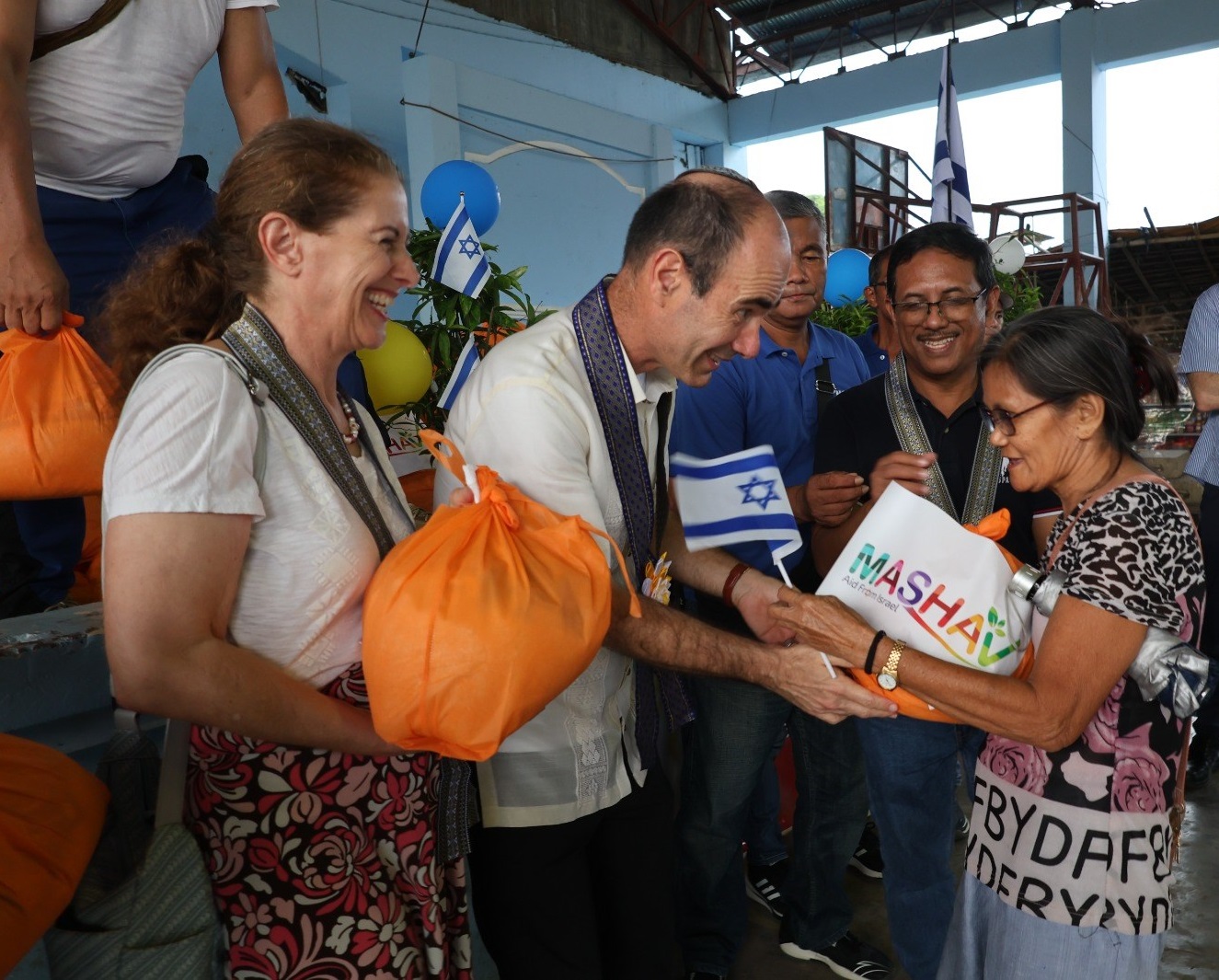Hindsight frequently tends to be kinder and provides a less prejudiced perspective. And as President Benigno Aquino III officially goes through his last month as the 15th President of the Philippines, the nation begins to wonder what the last six years under his leadership has truly brought.
Before closing the curtain on the Aquino term, how will the Filipino people remember the President? While the jury will continue to ponder whether the perceived economic gains are real, and whether his administration is solely to blame for the increasingly worsening traffic situation, here are some of the events during the past six years that could help define his legacy.
Hostage-taking incident (Aug. 23, 2010)
Barely two months after stepping into office, Aquino faced his first major crisis when the Luneta hostage-taking incident was mishandled and resulted with the gunman taking the lives of eight Hong Kong nationals. The tragic incident soured the country’s relations with Hong Kong and continues to test the two countries’ diplomatic ties.
Arroyo arrest, Corona impeachment (Nov. 18, 2011)
As noted by an ABS-CBN report, one of the events that would define Aquino’s term is his commitment to have former President Gloria Macapagal-Arroyo arrested and put in trial for election fraud.
It is also widely believed that Aquino worked hard to use his influence to make sure the late former Chief Justice Renato Corona was impeached and removed from office after taking steps to get Arroyo bail. As the trial goes with little progress, Arroyo remains under house arrest while holding a seat in Congress.
RH Law and Sin Taxes (Dec. 21, 2012)
The RH Law (Responsible Parenthood and Reproductive Health Act of 2012) and Sin Tax Reform Tax Reform Act of 2012 are considered historic milestones by the Aquino administration.
The President’s signing of the two laws addressed two major concerns: unsustainable population growth and generating additional revenue for health-related programs.
In a Philippine Star article by Roberto Romulo, he wrote that the President had done something which his predecessors were reluctant to do: take on powerful traditional stakeholders– the Catholic Church and the tobacco industry.
South China Sea (West Phl Sea) dispute (Jan. 2013)
The Aquino Administration lodged a case in 2013 at the UN International Arbitration Tribunal in The Hague against China’s military act as it claimed most of the South China Sea.
The territorial dispute has increasingly become a tenuous one, with China continually ramping up its military activities in the disputed areas as the Philippines’ allies reciprocate the Chinese advances.
“These excessive maritime claims are inconsistent with international law as reflected in the Law of the Sea Covention in that they purport to restrict the navigation rights the US and all states are entitled to exercise,” US Defense Department spokesman Bill Urban said in a released statement.
Meanwhile, China continues its refusal to recognize the proceedings.
Super Typhoon Yolanda (November 8, 2013)
After Typhoon Yolanda (or Haiyan), the strongest typhoon ever in recorded history, devastated the central island of Eastern Visayas leaving at least 7,350 dead or missing, public outrage was soon aimed at the Aquino administration for the string of media faux pas that followed the unprecedented disaster.
Last year, the Commission on Audit (COA) released a statement that the Yolanda funds and donations did not reach the victims.
According to a 2014 Rappler report, the COA reported that the Office of Civil Defense had a total of PhP692.77 million in quick response funds in 2013, while the NDRRMC (National Risk Reduction and Management Council) received PhP48.82 million in donations, however “not a single centavo” of the fore mentioned amounts has so far (at the time of the report) reached the typhoon victims.
Mamasapano clash (Jan. 25, 2015)
After conducting a raid in a remote village in Mindanao that led to the killing of Malaysian Zulkifli bin Hir, who on the US terrorist most wanted hit list, the team of elite police commandos was ambushed by Muslim guerilla groups and militia – a tragic clash that saw 44 members of the Special Action Force die in the encounter.
The incident yet again sparked public outrage against the administration and resulted in calls to abandon the peace process with the Moro Islamic Liberation Front.
By VIA BAROMA

What will the Aquino administration’s legacy be?
Published on May 15, 2016
This post was last updated on March 26th, 2020 at 03:00 pm







